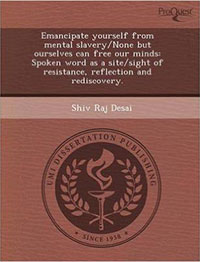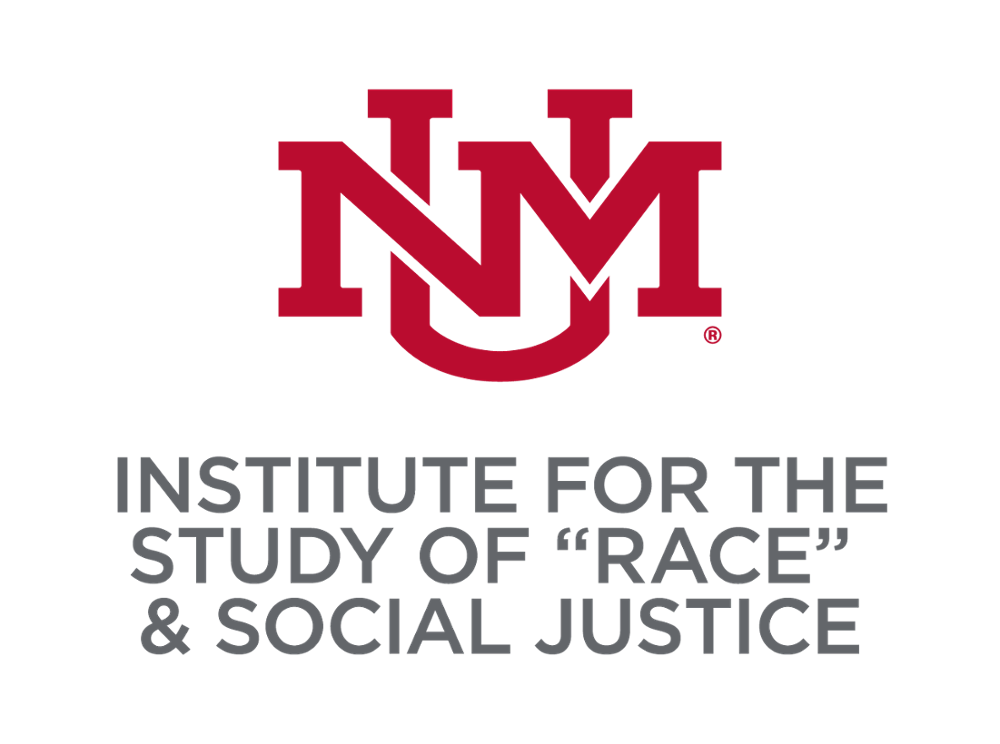Emancipate Yourself from Mental Slavery/None But Ourselves Can Free Our Minds
Shiv Raj Desai

In a world where voices of youth are increasingly being shunned via high stakes testing, zero tolerance school policies, and public opinion that supports punishing youth with more severe penalties, adolescents have very few opportunities to open up and have their voices be heard.
However, young people have found spaces to share their most personal and critical ideas of their world by writing, reading, sharing and performing spoken word poetry, which is a poetic form that combines performance with rhythmic flow.
Over the last few years in my graduate study, I have witnessed the power of high school students who utilize this art form to express themselves. I have watched them grow as critical thinkers and rely on their poetry to (re)discover themselves, reflect on their conditions and resist dominant ideology. Thus, the focus of my dissertation study is threefold:
- To explore how spoken word is a community and student-centered practice which provides members a critical educational space to examine the world more critically by questioning issues of race, class, and gender
- To investigate how students are utilizing spoken word in an anti-colonial/decolonizing framework that promotes alternative forms of knowledge and engages students in a self-reflexive process
- To examine how spoken word can be utilized as a critical teaching tool that fosters critical consciousness ( emancipating the mind from mental slavery), dialogue, and action.
In order to answer these research questions, I am utilizing a decolonizing methodology (Smith, 1999) design that will draw upon three approaches:
- Participant observations
- In-depth case studies
- Examine student artifacts
I rely on Critical Race Theory, Resistance Theory, Critical Literacy and an Anti-colonial framework to guide the methodology and interpretation in this study.
Available for purchase here.

